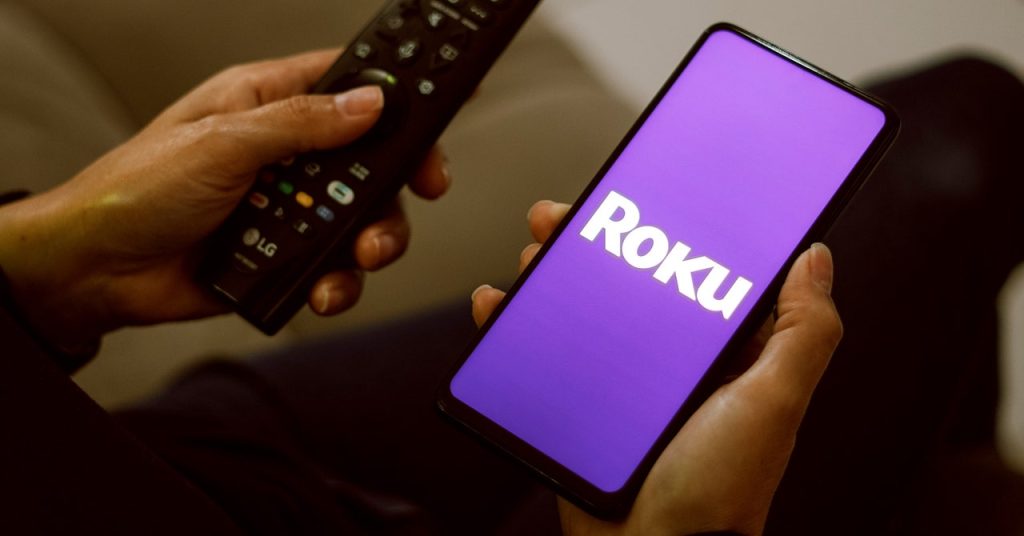US Lawmakers Propose Comprehensive Privacy Legislation
After years of unsuccessful attempts, US lawmakers have introduced the American Privacy Rights Act, a comprehensive privacy bill that aims to become the nation’s first federal privacy law. The proposed legislation would restrict the data companies can collect and provide US citizens with greater control over their personal information. However, the passage of such a law remains uncertain, as previous efforts to enact a national privacy law have failed.
Taking Personal Responsibility for Online Privacy
In the absence of a federal privacy law, individuals must take proactive measures to protect their online privacy. DuckDuckGo, a company renowned for its privacy-focused search engine, has released a free tool called App Tracking Protection for Android devices. This tool helps users block third-party trackers within apps, providing an additional layer of privacy protection.
The Growing Threat of AI-Generated Scam Calls
As artificial intelligence advances, AI-generated scam calls are becoming increasingly sophisticated, with cloned voices that closely resemble the real thing. However, there are steps individuals can take to protect themselves from falling victim to these scams, such as being cautious of unsolicited calls and verifying the caller’s identity through official channels.
Ransomware Groups Face Internal Conflicts and Challenges
AlphV Accused of Withholding Payments from Affiliates
In early April, a rift emerged between the ransomware group AlphV and its affiliate hackers. The affiliates claim that AlphV took the ransom money without paying the groups that assisted them in carrying out the attack. This incident highlights the complex dynamics and potential conflicts within the ransomware ecosystem.
RansomHub Offers Decryption Keys to AlphV Victims
In a surprising move, another ransomware group called RansomHub has offered free decryption keys to AlphV’s victims. This gesture aims to undermine AlphV’s credibility and provide victims with a means to recover their data without paying the ransom.
Apple Warns of State-Sponsored Attacks in 150 Countries
Apple recently issued warnings to users in 150 countries about state-sponsored attacks targeting their devices. While the company did not disclose specific details about the victims, their locations, or the hackers behind the attacks, it compared the malware to the sophisticated Pegasus spyware developed by the Israeli hacking firm NSO Group. Apple has been alerting users about similar attacks since 2021, emphasizing the need for enhanced security measures.
CISA Warns Federal Agencies of Russian Hackers Stealing Emails
The Cybersecurity and Infrastructure Security Agency (CISA) has issued a warning to federal agencies about the risk of Russian hackers compromising their communications with Microsoft. The hacking group, known as APT29, Midnight Blizzard, or Cozy Bear, is believed to be working on behalf of Russia’s SVR foreign intelligence agency. CISA’s emergency directive highlights the grave and unacceptable risk posed by the hackers’ successful compromise of Microsoft corporate email accounts and the exfiltration of correspondence between agencies and Microsoft.
Ransomware Hacker’s Failed Attempt to Threaten Victim Company
In a novel approach to pressuring victims into paying ransom demands, a ransomware group called Dragonforce attempted to verbally threaten a targeted company’s staff by calling their front desk. However, the conversation, recorded and posted on the group’s dark-web site, turned out to be more comical than threatening.
The call, handled by an HR manager named Beth, began with the hacker struggling to reach someone in “management.” When Beth finally took the call, she remained unimpressed by the hacker’s threats to make the company’s stolen data available for “fraudulent activities and for terrorism by criminals.” The conversation took a humorous turn when Beth asked if the data would be posted on “Dragonforce.com” and reminded the hacker that recording their call was illegal in Ohio. The frustrated hacker responded,
Ma’am, I am a hacker. I don’t care about the law.
The call ended with Beth refusing to negotiate and wishing the hacker “good luck,” to which he replied, “Thank you, take care.”

3 Comments
Half a million reasons to reconsider that Roku binge night, don’t you think?
So Roku’s playing fast and loose with our data now, huh? Fantastic.
Guess it’s time to change all my passwords again, thanks Roku!